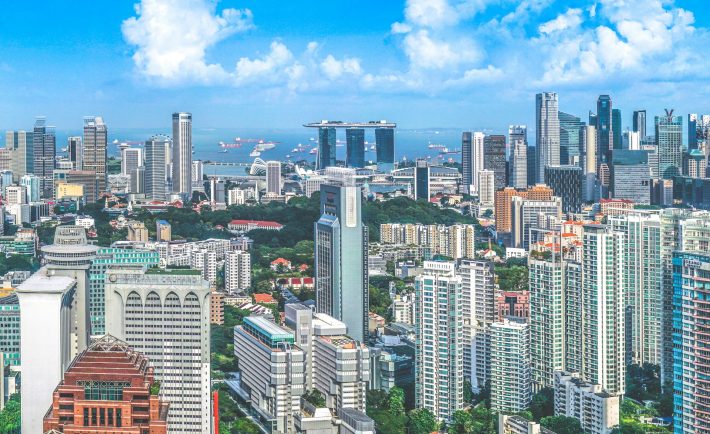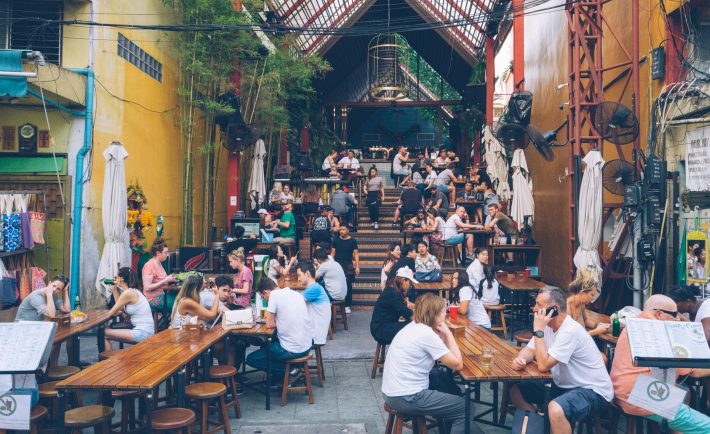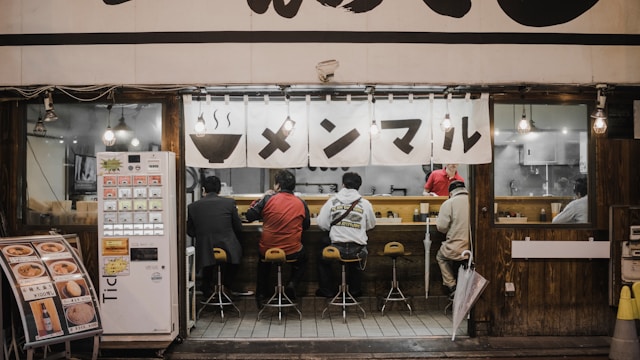We’ve all been there—stuck in a job that feels like a never-ending grind. A friend of mine has been thinking about quitting for ages but hesitates due to the high cost of living and family commitments. It’s tough to stay in a job you dislike just to stay afloat financially. I’ve been in that position too.
But you do have options. Here are some tips to handle it:
#1: IDENTIFY WHAT YOU CAN AND CAN’T DO
Take a step back and list what aspects of your job you can control versus what you cannot. This might include seeking help from your co-worker or making the most of your downtime. Knowing your limits can help you make better decisions.
#2: MAXIMIZE YOUR DOWNTIME
Remember, your job is just one part of your life. Engaging in hobbies, spending time with friends, or volunteering can offer fulfillment and lessen the pressure on your job to provide all your emotional needs. Many find that pursuing outside interests brings a renewed sense of purpose. Try pickleball or visit local museums!
#3: WEIGH YOUR OPTIONS
Assess both the positive and negative aspects of your job. While the drawbacks might be obvious, do not forget to consider the benefits—such as a steady paycheck, a structured day, workplace friendships, or a sense of contribution. For the negatives, think about possible solutions, either on your own or with your company’s help.
#4: EXPLORE NEW OPPORTUNITIES
Say that you’ve weighed your options and things in your current company are still grim. Sometimes, a change of environment can refresh your outlook. Be open to exploring new professional fields or industries. Even if you’re not ready to leave your current job, learning about different settings can help you understand what you truly want.
#5: CONSIDER FINANCIAL IMPLICATIONS
Worrying about a potential pay cut when changing jobs is common. However, a new role might offer better compensation or benefits. Salary can depend on various factors like industry, location, and your skills. If increasing your income is a priority, it’s often achievable with the right strategy.
#6: PLAN YOUR NEXT STEPS
If your job is negatively impacting your health or happiness, it may be time to plan a transition. Start networking, update your resume, and think about your next career move. Even if you do not land a new job immediately, laying the groundwork can set you up for success. In the meantime, focus on your well-being and stay connected with friends.

Image Credits: unsplash.com
Being stuck in a job you hate does not have to be your only option. By understanding your situation, weighing your choices, and taking proactive steps, you can move towards a more fulfilling career. Remember, you have the power to create a path that aligns with your needs, goals, and well-being.











